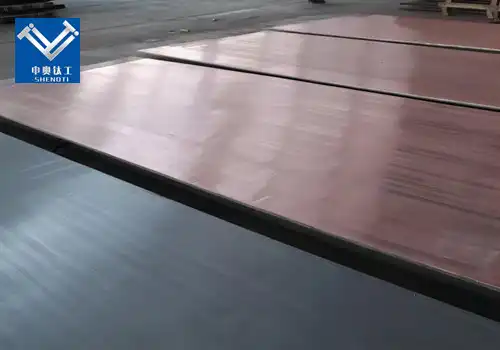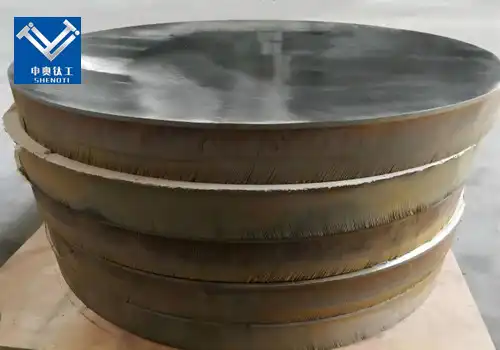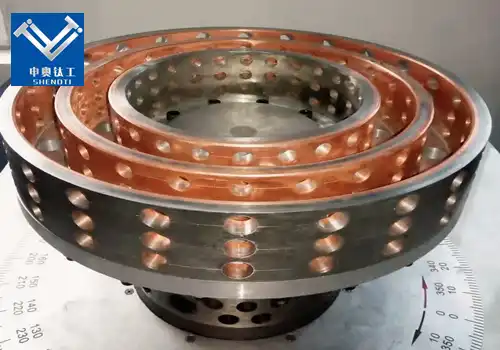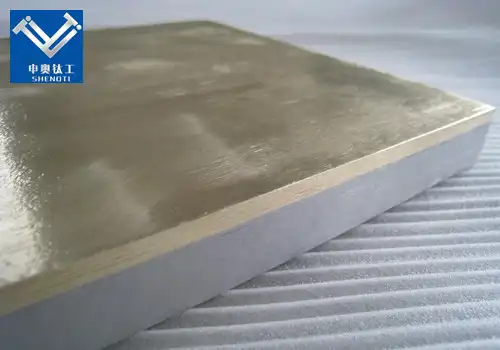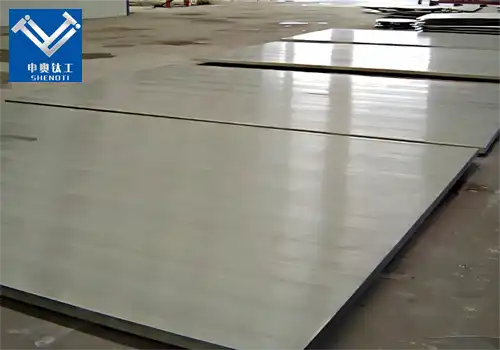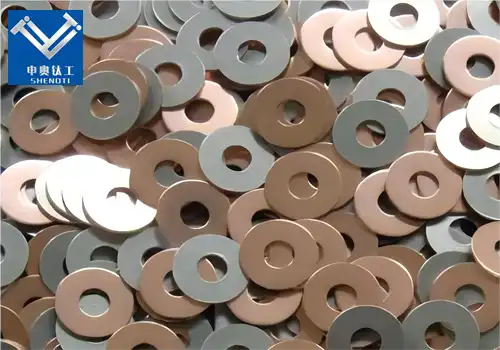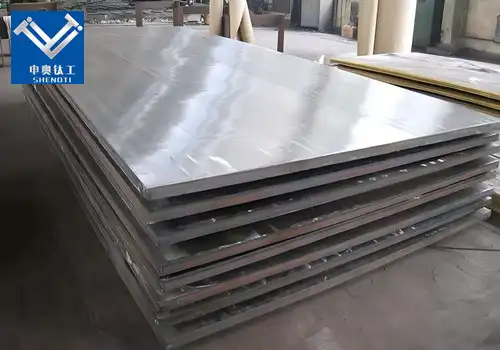
In Which Industries Are Nickel Stainless Steel Clad Plates Mainly Used?
2025-05-09 16:14:15
In Which Industries Are Nickel Stainless Steel Clad Plates Mainly Used?
Nickel stainless steel clad plates are advanced composite materials that combine the corrosion resistance of nickel with the strength and cost-effectiveness of carbon or stainless steel.
What Are the Key Applications of Nickel Stainless Steel Clad Plates?
Nickel stainless steel clad plates are utilized across multiple sectors due to their unique properties. Below are the primary industries where these plates are essential:
1. Chemical and Petrochemical Industry
In chemical processing plants and refineries, equipment is often exposed to aggressive chemicals and high temperatures. Nickel stainless steel clad plates offer excellent corrosion resistance, making them ideal for:
Reactors and Pressure Vessels: Handling corrosive substances like sulfuric acid and hydrochloric acid.
Heat Exchangers: Withstanding thermal stresses and corrosive fluids.
Storage Tanks: Storing chemicals safely over long periods.
2. Oil and Gas Industry
The oil and gas sector demands materials that can endure extreme conditions, including high pressure, temperature, and corrosive environments. Applications include:
Offshore Platforms: Structural components resistant to seawater corrosion.
Pipelines: Transporting crude oil and natural gas with minimal corrosion.
Processing Equipment: Such as separators and scrubbers that handle sour gas and other corrosive substances.
3. Power Generation
Power plants, especially those utilizing fossil fuels, require materials that can resist high temperatures and corrosive flue gases. Nickel stainless steel clad plates are used in:
Flue Gas Desulfurization (FGD) Systems: Components like absorbers and ducts.
Boilers and Heat Exchangers: Withstanding thermal cycling and corrosive condensates.
4. Marine Engineering
Marine environments are highly corrosive due to saltwater exposure. Nickel stainless steel clad plates are employed in:
Shipbuilding: Hulls and structural components.
Offshore Structures: Platforms and risers.
Desalination Plants: Evaporators and condensers.
5. Aerospace and Defense
The aerospace and defense industries require materials that are both strong and corrosion-resistant. Applications include:
Aircraft Components: Structural parts exposed to varying atmospheric conditions.
Military Vehicles: Armor and structural elements.
Missile Systems: Components requiring high strength-to-weight ratios.
How Do Nickel Stainless Steel Clad Plates Enhance Corrosion Resistance?
Corrosion resistance is a critical factor in the longevity and reliability of industrial equipment. Nickel stainless steel clad plates offer superior protection through:
1. Barrier Protection
The nickel layer acts as a physical barrier, preventing corrosive substances from reaching the underlying steel. This is particularly effective against:
Acids: Such as sulfuric, hydrochloric, and nitric acids.
Alkalis: Including sodium hydroxide and potassium hydroxide.
Saltwater: Common in marine environments.
2. Galvanic Protection
Nickel is more noble than steel in the galvanic series, meaning it corrodes preferentially, protecting the steel substrate. This sacrificial protection is beneficial in:
Electrochemical Environments: Where galvanic corrosion is a concern.
High-Temperature Applications: Where oxidation resistance is crucial.
3. Uniform Corrosion Resistance
The uniformity of the nickel cladding ensures consistent protection across the entire surface, even in complex geometries. This is essential for:
Chemical Storage Tanks: Where uniform protection prevents localized corrosion.
Pipelines: Ensuring consistent flow and preventing leaks.
What Are the Advantages of Using Nickel Stainless Steel Clad Plates Over Traditional Materials?
Choosing nickel stainless steel clad plates over traditional materials offers several benefits:
1. Cost-Effectiveness
By combining a thin layer of expensive nickel with a thicker layer of less costly steel, clad plates provide the desired properties at a reduced cost compared to solid nickel components.
2. Enhanced Mechanical Properties
The steel substrate offers high strength and toughness, while the nickel layer provides corrosion resistance. This combination results in:
Improved Durability: Longer service life under harsh conditions.
Reduced Maintenance: Lower downtime and repair costs.
3. Versatility
Nickel stainless steel clad plates can be tailored to specific applications through:
Custom Thicknesses: Adjusting the nickel and steel layer thicknesses.
Various Bonding Methods: Such as explosion bonding or roll bonding.
Contact Us
For more information on nickel stainless steel clad plates and how they can benefit your specific applications, please reach out to us:
Email: zh@baojiti.com.cn
Our team of experts is ready to assist you with product selection, customization, and technical support to meet your unique requirements.
YOU MAY LIKE











